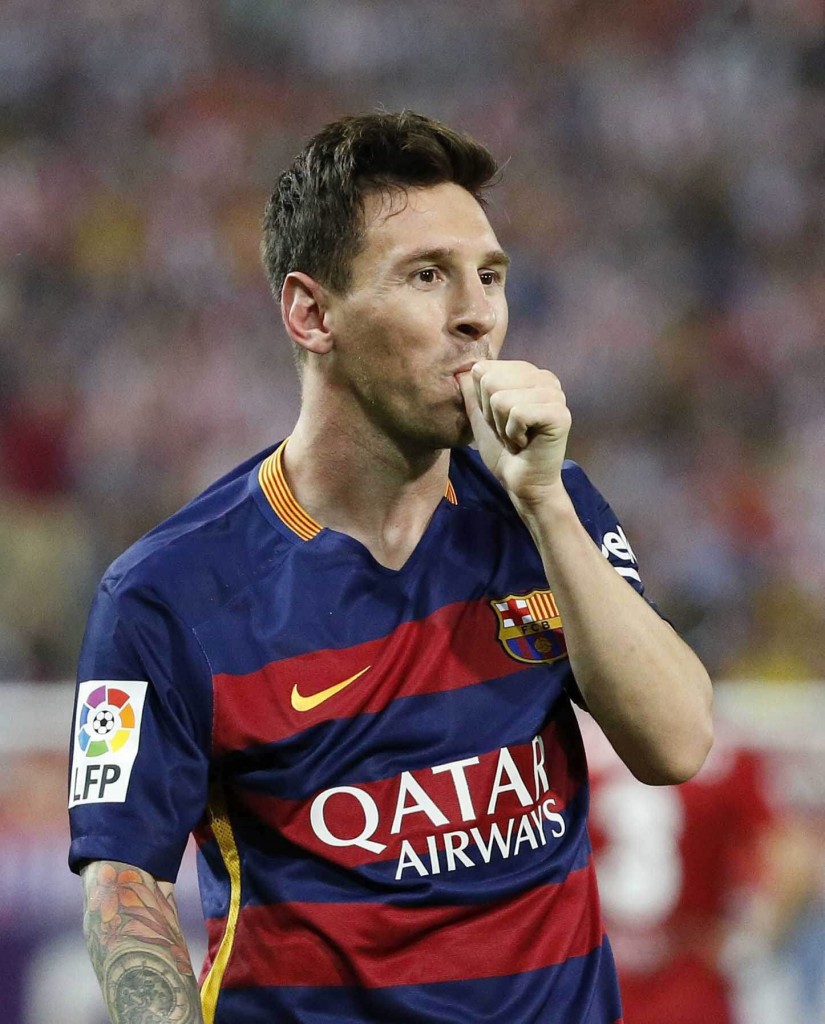The date passed almost without notice but last week marked 60 years since the first game in the history of the European Cup was played.
On September 4, 1955, Sporting Lisbon and Partizan Belgrade drew 3-3 in Lisbon in the very first game in a competition first dreamed up by the French sports daily L’Equipe.
Fast forward six decades and what is now the Champions League has become the most lucrative international club competition in the world.
As the group stage of the 2015-16 tournament gets underway on Tuesday and Wednesday, the Champions League has become a prize only an elite handful of the continent’s very biggest clubs can win.
But at the same time it has become impossible for any of these giants to dominate the competition in the way the likes of Ajax and Bayern Munich did in the 1970s, and Real Madrid in the late 1950s.
No team has retained the title since the dawn of the Champions League era, with AC Milan the last club to lift the trophy with the big ears two seasons running, a quarter of a century ago in 1989 and 1990.
FC Barcelona aiming to be the first team since AC Milan to win back-to-back European trophies
That, then, is the task facing Barcelona after they beat Juventus 3-1 in last season’s final to win the trophy for the fourth time in the last 10 seasons.
“We’ve got a tough group, like most teams,” said Barca coach Luis Enrique of a draw that will see his side face his old club Roma and Bayer Leverkusen, as well as BATE Borisov, in Group E.
But reaching the knockout stage is unlikely to be a huge problem for Barca or any of the other leading contenders for the trophy.
Pep Guardiola will be determined to win the competition in what most expect to be his last season in charge of Bayern Munich, who are in Group F with Arsenal, Olympiakos and Dinamo Zagreb.
The Germans have been champions once, beaten finalists twice and semi-finalists twice since 2009-10, although Arjen Robben and Franck Ribery’s persistent fitness problems cast a shadow over their prospects just now.
“Winning the Champions League is my great, great target,” said Bayern’s Spanish midfielder Xabi Alonso last week. “You want to shine in this competition and be at your very best.”
No English club has reached the last four since Chelsea FC won the trophy in 2012
.
It remains to be seen if ten-time winners Real Madrid will be as fearsome a proposition this season with Rafa Benitez in charge, while it will surely not be long before English clubs, fuelled by the vast riches of their domestic television deal, return to the forefront.
No English side has reached the last four since Chelsea lifted the trophy in 2012 and none even made the quarter-finals last season.
The final will be played in Milan on May 28 next year, but Italy’s best hope lies with last season’s runners-up Juventus. Meanwhile, French hopes rest with Paris Saint-Germain, who are targeting the trophy after reaching three quarter-finals in a row and believe the signing of Angel di Maria from Manchester United can provide them with the extra quality required.
“There were clubs I could have gone to but my desire to be in this project and help them to win the Champions League is why I chose to come here,” said Di Maria after his unveiling, and PSG will get an early test of their credentials when they face his old side Real Madrid in one of the games of the group stage.
Beyond the established elite, it has become almost impossible for other sides to pose a challenge, with Wolfsburg’s chances of making an impression seriously compromised by the loss of their outstanding player Kevin De Bruyne to Manchester City.
Such is the lot of sides outwith the privileged few, but if the Champions League is lacking in real edge-of-the-seat drama until the knockout rounds arrive in the spring, it is where the very best players strut their stuff and where big money stands to be earned.
If Barcelona do manage to retain the title, they will go down in history but they could also earn close to 100 million euros ($112m) in prize money and television income.
By AFP
